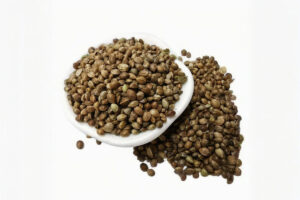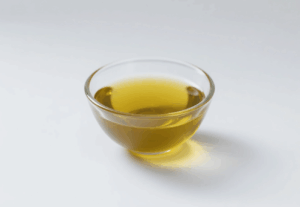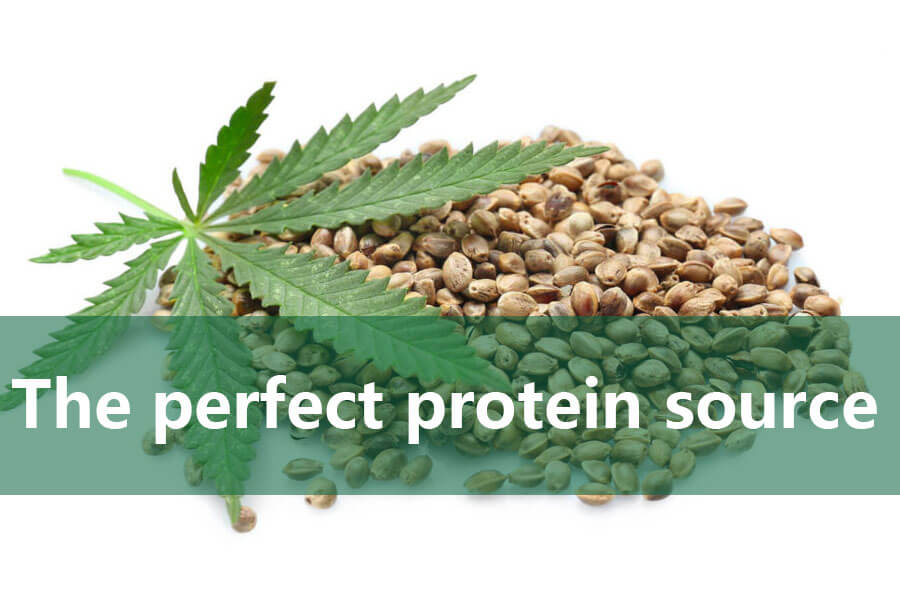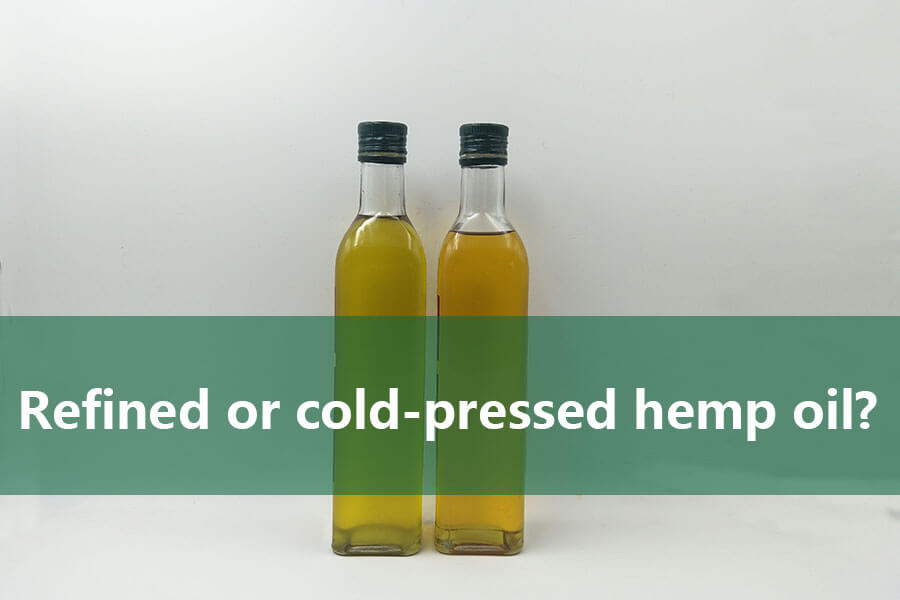Hemp seed oil, celebrated for its omega-rich profile and versatility, is a wellness staple. But not all hemp oils are equal—and not everyone should take them. Whether you’re considering cold-pressed hemp seed oil, refined hemp seed oil, or hemp heart oil (made from shelled seeds), here’s who should avoid these products and why.
Types of Organic Hemp Seed Oil: Key Differences
| Type | Cold-Pressed Hemp Seed Oil | Refined Hemp Seed Oil | Hemp Heart Oil |
|---|---|---|---|
| Processing | Unrefined, low-heat pressed | Chemically/heat processed | Made from shelled hemp hearts |
| Nutrient Retention | High (omega-3/6, chlorophyll) | Lower (some antioxidants lost) | Mild flavor, higher protein |
| Smoke Point | Low (165°C / 330°F) | High (232°C / 450°F) | Low (best for dressings) |
| Best Uses | Dressings, dips, skincare | High-heat cooking | Smoothies, supplements |
6 Groups Who Should Avoid Hemp Seed Oil
1. Blood Thinner Users
- Why: Hemp seed oil’s omega-3s (ALA) may enhance the effects of warfarin, aspirin, or clopidogrel, increasing bleeding risk.
- Safer Option: Refined hemp oil (lower omega-3) or MCT oil.
2. Allergic to Cannabis Family
- Risk: Though non-psychoactive, hemp oil may trigger reactions in those allergic to cannabis, hops, or mugwort.
- Symptoms: Itching, swelling, digestive distress.
- Test: Apply a drop on the inner wrist and wait 24 hours.
3. Pregnant/Breastfeeding Women
- Why: Limited safety data; omega-3s in high doses may affect hormone balance.
- Alternative: Chia seed oil (lower allergy risk).
4. Low Blood Pressure
- Risk: Omega-3s and GLA in cold-pressed oil may further lower BP, causing dizziness.
- Caution: Monitor BP if using medicinally.
5. Hormone-Sensitive Conditions
- Concern: Hemp oil’s GLA (gamma-linolenic acid) may interact with estrogen-related cancers (e.g., breast, ovarian).
- Action: Consult an oncologist before use.
6. People with Diarrhea or IBS
- Why: High fat content (especially in hemp heart oil) may worsen diarrhea or trigger IBS flare-ups.
- Fix: Opt for refined hemp oil (lower fiber) or start with microdoses.
Organic Hemp Oil vs. Non-Organic Risks
| Factor | Organic Hemp Seed Oil | Non-Organic |
|---|---|---|
| Pesticides | Zero glyphosate, neonicotinoids | Risk of toxic residues |
| Heavy Metals | Soil-tested for lead, cadmium | Higher contamination risk |
| Sustainability | Regenerative farming practices | Often grown in polluted soils |
Safe Use Tips for Hemp Oil
- Medication Spacing: Take 2–4 hours apart from blood thinners or BP meds.
- Storage: Keep cold-pressed oil refrigerated to prevent rancidity.
- Dosage: Start with 1 tsp daily; max 1 tbsp unless advised otherwise.
Why Choose Organic?
Non-organic hemp is a “bio-accumulator,” absorbing heavy metals and pesticides from soil. Certified organic hemp seed oils ensure:
✅ No chemical residues
✅ Full-spectrum nutrient retention (ideal for cold-pressed users)
✅ Eco-friendly production (supports clean farming)
FAQs
Q: Can kids take hemp oil?
A: Consult a pediatrician. Omega-3s benefit brain health, but doses must be age-appropriate.
Q: Does hemp oil cause THC-positive drug tests?
A: No! Legal hemp oil contains <0.3% THC—too low to trigger results.
Q: Best oil for skincare?
A: Cold-pressed hemp oil (retains antioxidants) suits most, but patch-test first.
Q: Shelf life?
A: 6–12 months (cold-pressed); 1–2 years (refined).
The Verdict
While organic hemp seed oils are a nutritional powerhouse for many, they’re not universally safe. By understanding contraindications and choosing certified organic, you can harness their benefits wisely—or opt for alternatives that align with your health needs.
Empower Your Wellness Journey—Mindfully
Whether you drizzle, cook, or supplement, let knowledge guide your hemp oil use. For those who should avoid it, nature offers endless alternatives to thrive.
Nourish with clarity, always.
Related Products
Organic Hemp Seeds
Organic hemp seeds offer complete nutrition with optimal protein, fatty acids, and fiber content. Versatile…
Organic Hemp Seed Oil
Discover the remarkable benefits of Organic Hemp Seed Oil, a versatile and nutrient-rich oil extracted…




